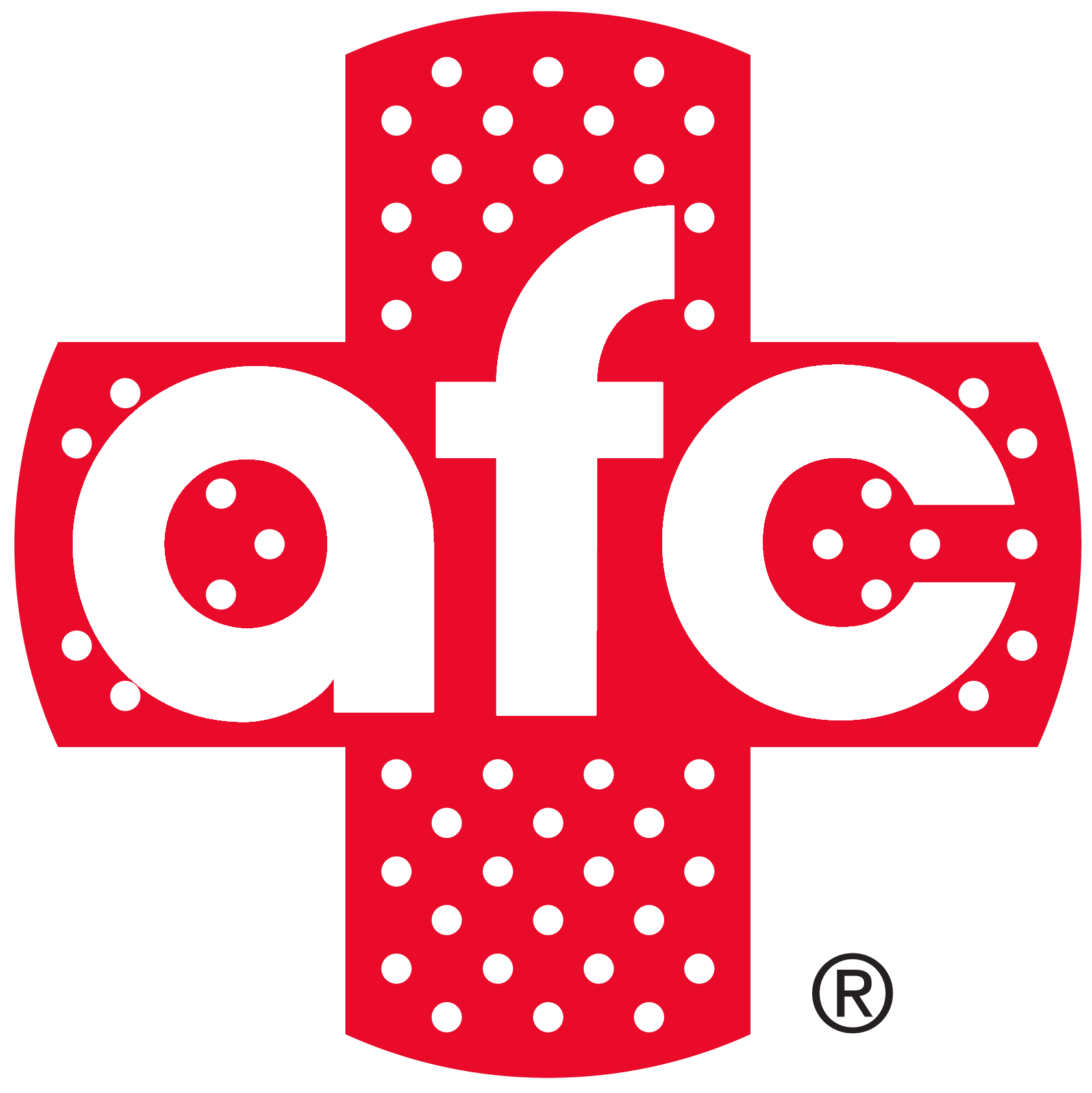AFC Easley
Family Care
CALL US TODAY | (864) 307-8672
Visit us for your sprains, strains, cuts, bruises, and other immediate healthcare needs
Reserve a SpotFind The Location Nearest Covid-19 Testing
We think you’re located in zip code 29640. Not Right?
Ensuring the Health of Your Loved Ones All in One Place
Family Care
Ensuring the Health of Your Loved Ones All in One Place
Wouldn’t it be nice to know there’s one place you can rely on to care for every member of your family when they become injured or sick? At AFC Easley, our compassionate, high-skilled medical team provides non-emergency medical care for patients of all ages. Whether your infant has come down with an illness, your eldest relative has broken a bone, or you are developing flu-like symptoms, you can trust our team to provide all of the treatments and vaccinations your family needs.
Services for Everyone in Your Family
- Sports and School Physicals - If you or your child require sports, school, or camp physical, why not visit AFC Easley? Plus, if your physical shows need for follow-up, we can help with that too. You’re welcome to reserve your spot online or you can just walk in anytime.
- Vaccinations - Vaccinations are the best way to prevent serious, life-threatening health conditions. Routine immunizations protect against various forms of life-threatening diseases and infections. AFC Easley offers many common vaccinations
- Illness - From COVID-19 to Flu or Strep Throat, we can handle it all! When you or a family member is sick, AFC Easley can help. Illness can strike at any time, and it is often difficult to see the doctor, but not at our clinic. We are open longer hours and on the weekend, and we can diagnose and treat your illnesses.
- Injury - AFC Easley does X-rays onsite, so you don’t need to go to the emergency room for mild injuries. We can diagnose, treat and offer follow-up recommendations.
Stop in Any Time
We know you’re busy, and penciling in time for a doctor’s visit isn’t always easy. AFC Easley provides family care and is ready to serve your family whenever you’re ready. Either call to save your spot or just stop in whenever it’s convenient. You can walk in any time to get family care at AFC Easley.

 How Can We Help?
How Can We Help?
- PATIENT SERVICES
- COVID-19 SERVICES
- TELECARE
- EMPLOYER RESOURCES
- PATIENT RESOURCES
- ABOUT US

Don't wait to get the medical attention you need.
CALL US TODAY | (864) 307-8672


